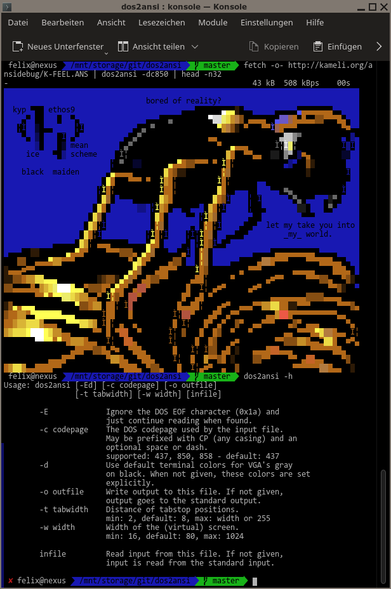I wonder why vfat in kconfig does not select these options:
- CONFIG_NLS_CODEPAGE_437
- CONFIG_NLS_ISO8859_1
Noticed this while putting together #systemd image. You really cannot use FAT meaningfully without 437, so there should be IMHO either depends or select relation between these and FAT kconfig options.
In my opinion selecting VFAT in 2024 from kconfig should lead to selecting all the options that are required for filenames at minimum because it has exactly two use cases:
- USB sticks
- ESP
In both cases proper interpretation of filenames is required.
PS. I also wonder why systemd does not list them as its required CONFIG_*. They are not obvious kconfig options in the context of kernel QA ;-) I always begin with tinyconfig and add up from there when doing this. Using ESP is required by practical means with systemd-boot so all three options should exist in this file: https://github.com/systemd/systemd/blob/main/README. I used it as a reference and failed.

